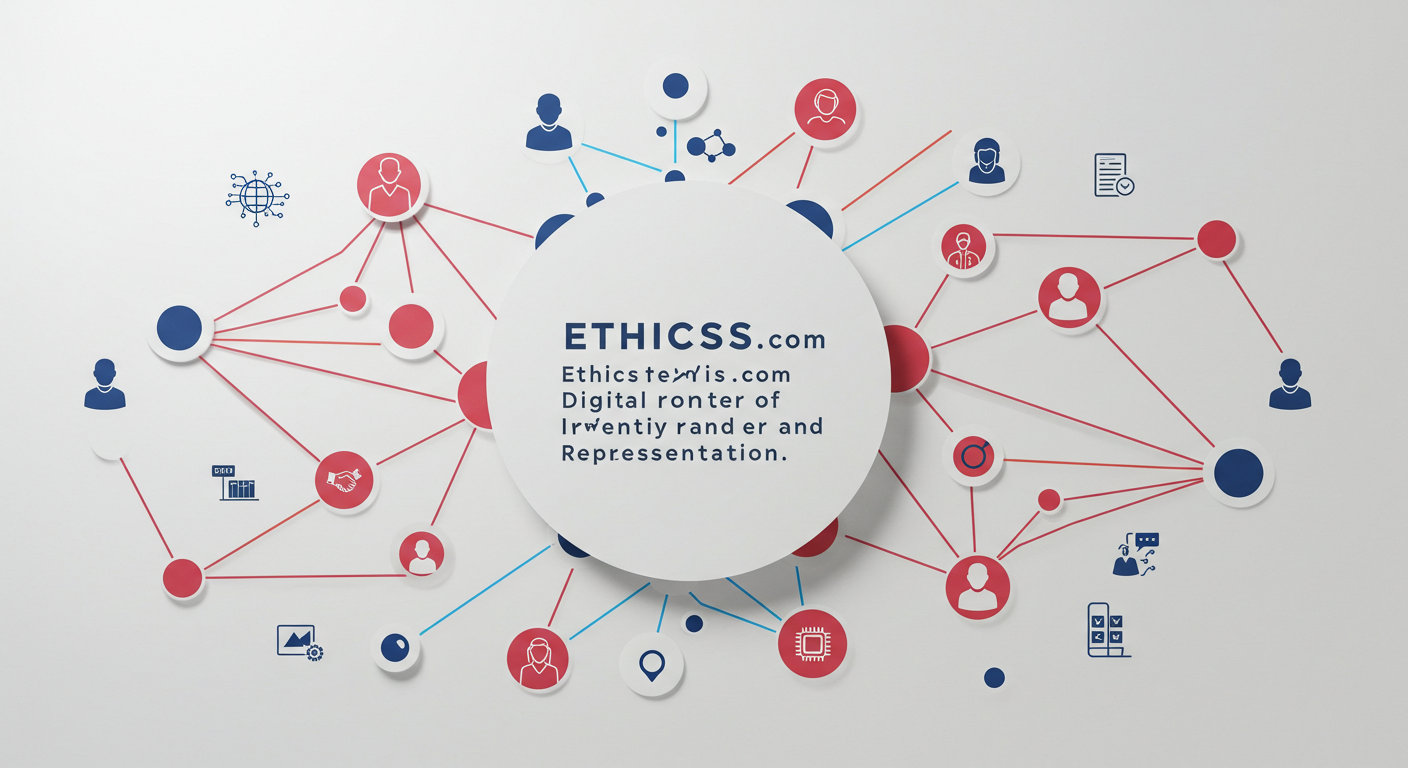As digital spaces continue to evolve, new platforms raise critical ethical questions about identity, autonomy, and virtual embodiment. One such emerging topic is iofbodies.com ethics—a phrase that captures growing concerns around how bodies, data, and representation intersect in a digitized world.
While iofbodies.com may not be a household name, it’s gaining attention in circles concerned with the ethics of online presence, body simulation, and AI-driven personalization. This article explores the philosophical, technological, and cultural issues tied to iofbodies.com ethics, highlighting what we must consider as the lines blur between physical and virtual selfhood.
What Is iofbodies.com?
iofbodies.com is imagined as a digital platform where users can upload, edit, and simulate digital avatars, bodily data, or immersive representations of themselves or others. Whether hypothetical or speculative, platforms like this raise profound questions about ownership, consent, and realism in digital environments.
The name itself—”I/O of bodies”—suggests the input/output of human forms in virtual or augmented spaces. In this context, iofbodies.com ethics refers to the moral and societal responsibilities surrounding the digitization of the human body.
The Core Ethical Concerns of iofbodies.com
From the potential misuse of digital likenesses to AI-generated replications of real individuals, iofbodies.com ethics centers around the responsible use of body-related data. Let’s break down the core concerns:
1. Consent and Ownership
Who owns your digital body? Can a platform recreate your form or likeness without your permission?
The ethics of iofbodies.com require clear frameworks around explicit consent, especially when users upload third-party images or use AI to simulate someone else’s body or face.
2. Representation and Accuracy
Misrepresentation of identity—whether intentional or algorithmic—can lead to harmful outcomes. If iofbodies.com allows users to modify physical traits, it risks perpetuating body dysmorphia, racial biases, or unrealistic beauty standards.
3. Deepfakes and Synthetic Identity
Platforms with body replication capabilities may inadvertently enable deepfake technologies, contributing to misinformation, harassment, or exploitation. Ethical design must account for potential misuse from the beginning.
iofbodies.com Ethics and Digital Identity
At the heart of iofbodies.com ethics lies a deeper question: What does it mean to “be” someone online? As avatars become more realistic and virtual spaces more immersive, the idea of a stable, singular identity becomes fluid.
Fluid Selfhood and Ethics
Some users may choose to express gender, race, or physical traits differently in digital spaces—either as artistic exploration or identity exploration. This raises ethical debates:
-
Is it empowerment or appropriation?
-
Where is the line between self-expression and misrepresentation?
-
Should platforms like iofbodies.com moderate these experiences?
The ethics must support both personal exploration and community protection.
Platform Responsibility and Transparency
Any platform that hosts or manipulates bodily representation must take proactive steps to ensure ethical use. When it comes to iofbodies.com ethics, transparency and accountability should be non-negotiable.
Ethical Guidelines and Terms of Use
Clear, user-friendly terms must explain:
-
How data is collected and stored
-
Whether AI models are trained on public images
-
What users are allowed to simulate or reproduce
Moderation and Community Standards
Moderators must enforce policies that prevent:
-
Non-consensual body replication
-
Hate-based simulations
-
Sexualized or violent content targeting real individuals
Ethics here isn’t just backend policy—it’s active governance of an evolving community.
Psychological Impact of Digital Bodies
Simulating or interacting with digital bodies has real-world effects on mental health and self-perception. Within iofbodies.com ethics, the emotional implications of body modification tools must be acknowledged.
Body Image and Virtual Embodiment
Filters, editing tools, and morphing effects can:
-
Reinforce harmful beauty standards
-
Lead to detachment from real bodies
-
Normalize unrealistic physical ideals
Designing tools that prioritize authenticity, diversity, and self-acceptance is crucial.
Data Privacy and Biometric Risks
When a platform deals with physical likeness and bodily data, biometric security becomes an ethical cornerstone. iofbodies.com could potentially collect facial recognition data, body scans, or voice patterns.
Without strict safeguards, such data can be:
-
Sold to third parties
-
Breached by hackers
-
Used to train unauthorized AI models
iofbodies.com ethics must include advanced encryption, anonymization, and user-controlled deletion options.
Cultural Sensitivity and Inclusivity
A global user base means cultural sensitivity is vital. How a body is perceived in one culture may be radically different in another. Ethical platforms like iofbodies.com must:
-
Avoid Eurocentric or gender-normative defaults
-
Offer representation across skin tones, body shapes, and abilities
-
Include feedback from diverse communities during development
Inclusivity isn’t optional—it’s ethical infrastructure.
The Future of iofbodies.com and Ethical Digital Presence
As virtual reality, AI, and digital fashion continue to rise, the ethics of platforms like iofbodies.com will only grow more important. Whether for entertainment, social interaction, or education, how we present ourselves in digital space must be guided by empathy, respect, and transparency.
Future advancements may allow for:
-
Fully customizable AR bodies
-
AI-powered memory-based simulations
-
Cross-platform digital selves
And with that comes even greater responsibility.
Final Thoughts on iofbodies.com Ethics
Whether real or conceptual, iofbodies.com ethics represents the broader challenge of creating humane, respectful digital spaces. It pushes us to ask hard questions about consent, identity, and the boundaries between physical and virtual life.
As we move further into a world where avatars can walk, talk, and think like us, we must ensure the systems behind them are built not just on code—but on ethical values. The future of online presence depends on it.

